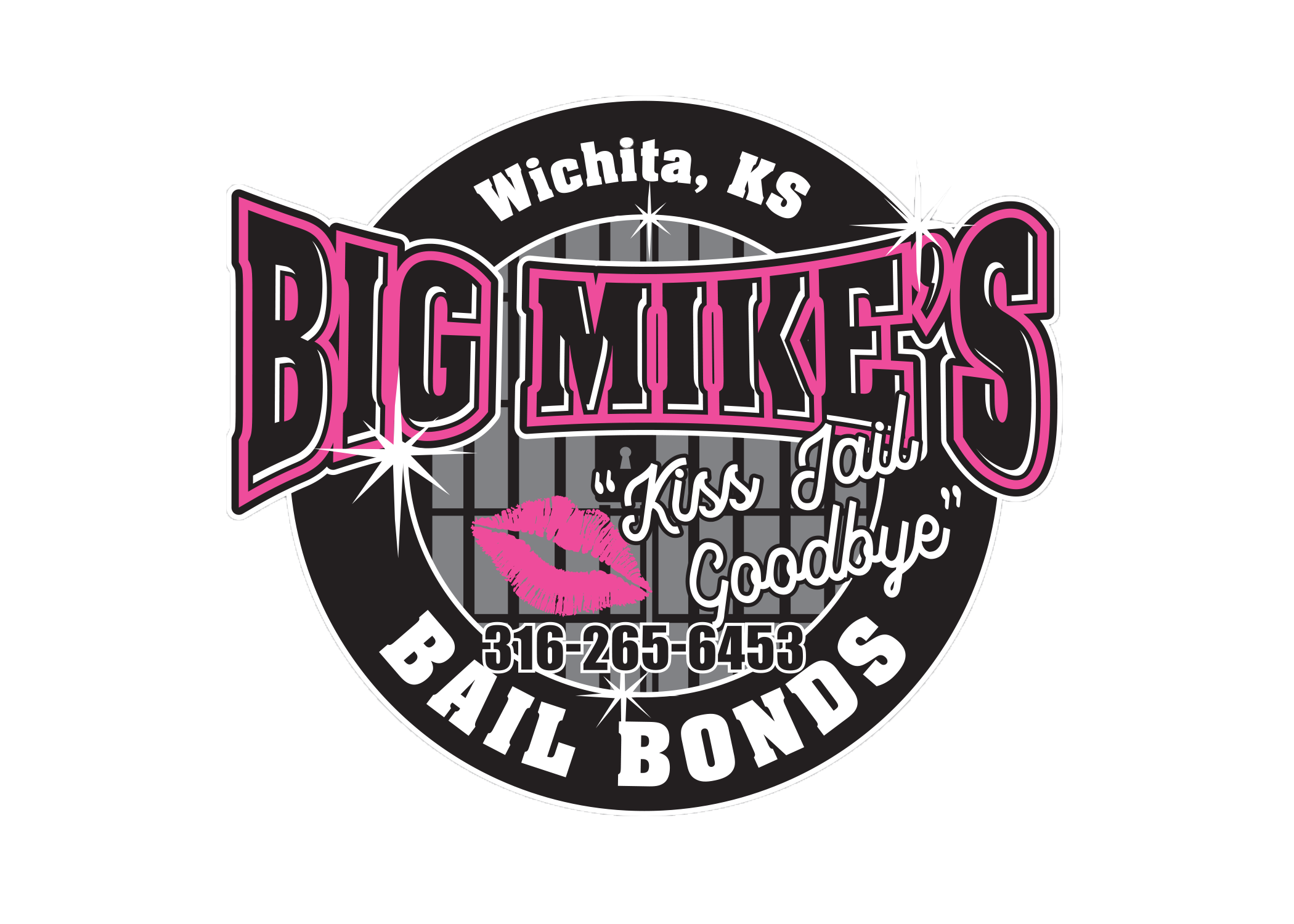Common Bail Bond Questions
Going to jail can be scary and leave you wondering where to start when you need to get yourself or a loved one out. For that reason, we have taken the time to answer some of the most common bail bond questions. For additional questions, call 316-265-6453.
What Is Bail?
Often, bail is a sum of money, surety bond, or real property posted by or on behalf of the defendant. Bail guarantees the defendants appearance in court. This is what allows an accused person to be free from custody. Then they can continue their lives while they prepare for their day in court. The Eighth Amendment of The Constitution guarantees reasonable bail.
What Is A Bail Bond?
A bail bond is a financial guarantee made by or on behalf of a criminal defendant. Bail guarantees their appearance in court through the end of their trial. Failure by the defendant to appear will then result in a bond forfeiture.
How Does A Bail Bond Work?
The court system will set the amount of bail required for the defendants release. Basically, a bail bond is an insurance policy. This policy guarantees payment of the full bail amount to the court. Consequently, if the defendant does not show up for court appearances, warrants will issue. For supplying these bonds, bail agencies charge a premium. Premium is a percentage of the total bond amount, typically 10%. For example, if a bond amount was set at $50,000, the premium would be $5,000. Big Mike’s offers discounts and payment plans so this amount could be lower than 10%. Call us now for free confidential bail info and a price quote.
How Much Does It Cost To Bail Someone Out Of Jail?
How Is The Cost Of Bail Set?
First, a judge determines bail amounts. The purpose of bail is not to punish the defendant, only to secure the appearance of the accused. Excessive bail is a violation of constitutional rights. When fixing the amount of the bail, the judge takes into consideration many factors. The extent of the crime, history of the accused, prior warrants, and whether the accused is a “flight risk”. If public safety is an issue, the court may consider threats to the victim or witness. Danger to the public, the use of a deadly weapon and the defendant’s use of controlled substances. A judge setting bail at an unusual amount must state on the record the reasons. They must also address the issue of threats made against a victim or a witness. The court must also consider the detained person’s ties to the community and ability to post bond. Bail amounts must be the smallest amount that would assure the defendant’s appearance.




